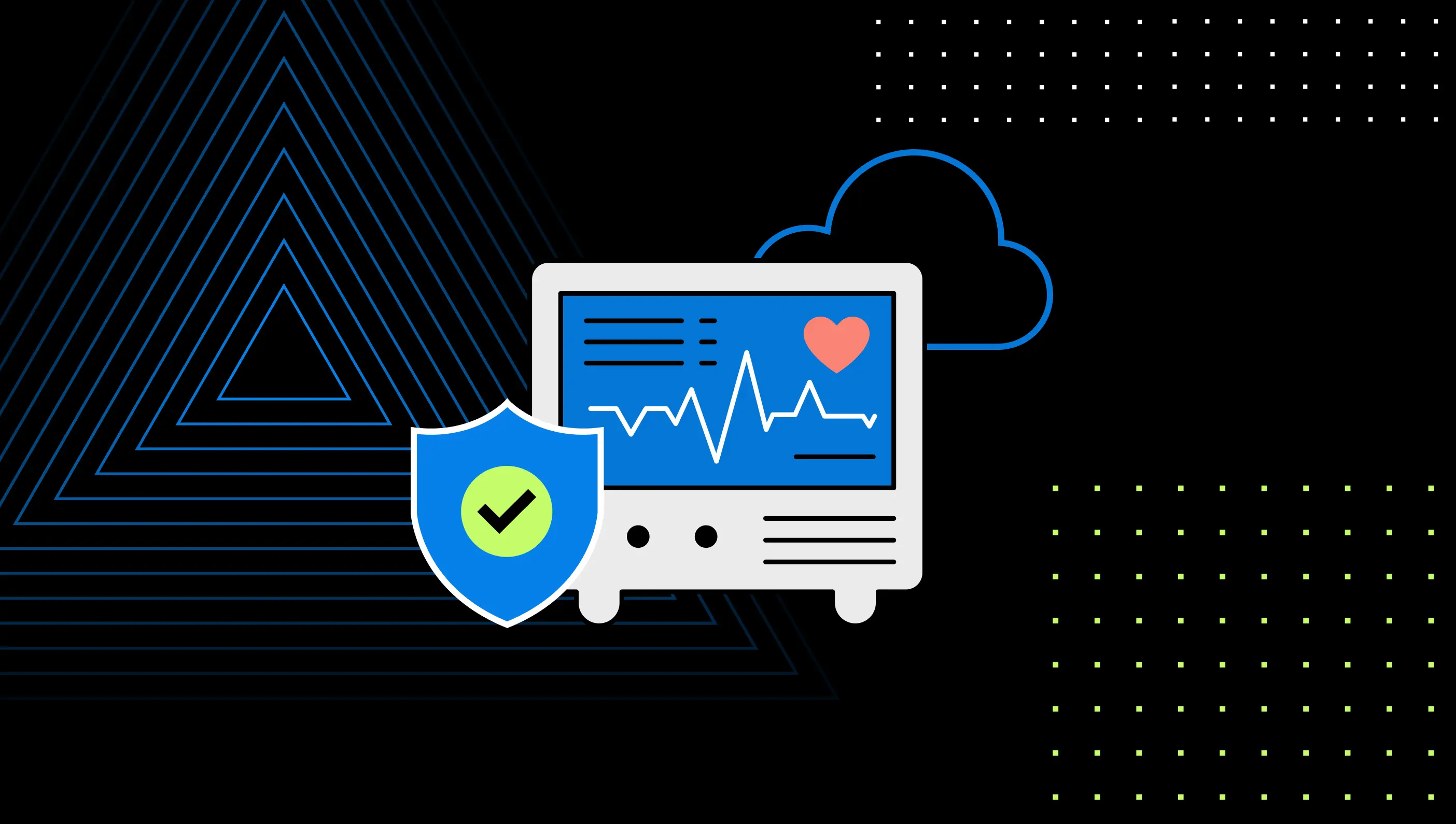VAPT

Medical Device Vulnerability Assessment and Penetration Testing (VAPT)
Medical devices are crucial in healthcare, often handling sensitive patient data and critical health services. As these devices become increasingly connected, the need for robust security grows. Medical Device VAPT helps organizations secure their healthcare technologies, protecting against cyber threats while ensuring regulatory compliance.
Key Features
- Regulatory Compliance Testing: Medical devices are subject to stringent regulatory standards, such as the FDA, HIPAA, and IEC 62304, which ensure the safety and security of healthcare operations. We provide comprehensive assessments to ensure your medical devices comply with these regulations. Our VAPT process identifies gaps in regulatory adherence, ensuring that devices meet all necessary standards for both security and patient safety.
- Software and Firmware Assessment: Medical devices often rely on specialized software and firmware to function. This feature includes a detailed analysis of the software to identify vulnerabilities such as weak cryptographic functions, insecure bootloaders, or unpatched vulnerabilities. Ensuring that software is up-to-date and secure prevents attackers from exploiting bugs that could compromise device functionality or data integrity.
- Communication Security: Medical devices communicate with healthcare systems and databases over networks. This feature focuses on assessing the security of data transmission protocols used in medical devices, such as Wi-Fi, Bluetooth, or proprietary protocols. We ensure that sensitive patient data is securely transmitted, encrypted, and protected from interception or man-in-the-middle attacks.
- Real-Time Operating System (RTOS) Testing: Many medical devices operate using real-time operating systems (RTOS) that need to be highly secure and reliable. We test the RTOS for vulnerabilities such as inadequate resource management, buffer overflows, or other weaknesses that could allow an attacker to compromise device operations.
- Physical Device Security: Similar to IoT devices, medical devices may also face physical security threats. Our physical security testing evaluates the device s resistance to tampering or unauthorized access. Ensuring that medical devices can withstand physical attacks is crucial for maintaining the integrity of healthcare systems and patient safety.
- Data Integrity and Availability: Medical devices often collect, store, and transmit sensitive patient data. Our assessment focuses on ensuring the integrity of this data, as well as the availability of the device under stress conditions, such as Distributed Denial-of-Service (DDoS) attacks. This ensures that critical medical devices remain functional and patient data is protected during cyber incidents.
Methodology
- Device Inventory and Risk Mapping: Identify all medical devices in the organization, categorize them by risk profile, and evaluate the potential security impact of each.
- Regulatory Compliance Audits: Ensure devices meet industry standards such as FDA, HIPAA, and IEC 62304, assessing for gaps in compliance.
- Firmware Security Audits: Conduct comprehensive firmware analysis to identify vulnerabilities like insecure boot processes, unpatched software, or weak cryptographic protocols.
- Communication Security Testing: Assess the security of the data transmitted between medical devices and healthcare networks, ensuring encryption standards like TLS/SSL are properly implemented.
- RTOS Vulnerability Assessment: Evaluate the Real-Time Operating Systems (RTOS) used in medical devices for vulnerabilities that could be exploited in real-time operations.
- Incident Response and Recovery Testing: Simulate attacks to test the organization s ability to respond and recover from cyber incidents, focusing on business continuity for critical healthcare services.
Core Components
- Firmware and Software Analysis: In-depth security testing of embedded systems within medical devices.
- Compliance and Regulatory Testing: Ensure adherence to industry standards (FDA, HIPAA).
- Communication Protocols: Assessment of data communication security, ensuring sensitive medical data is secure in transit.
- Physical and Environmental Security: Review device resilience to tampering or physical security attacks.
- Incident Response: Testing response capabilities for potential security breaches, ensuring minimal downtime.
Benefits
- Proactive Threat Mitigation: Identify and address vulnerabilities before they can be exploited.
- Regulatory Compliance: Meet industry standards and compliance requirements (e.g., PCI-DSS, HIPAA).
- Enhanced Security Posture: Strengthen defenses and minimize the attack surface.
- Informed Decision Making: Provide actionable insights for security investments and improvements.
Why Choose Us?
- Healthcare Security Expertise: Our specialists have a deep understanding of the unique security needs within the healthcare sector, from diagnostic devices to life-critical systems.
- Regulatory Compliance Focus: We ensure your medical devices meet stringent regulatory requirements such as FDA and HIPAA, avoiding penalties and ensuring patient safety.
- Customized Testing for Critical Devices: We provide specialized testing for different types of medical devices, ensuring that life-support systems, diagnostic tools, and wearable health devices remain secure.
- Comprehensive Security Reporting: We offer clear and actionable reports, helping you address vulnerabilities and strengthen your medical device security posture.